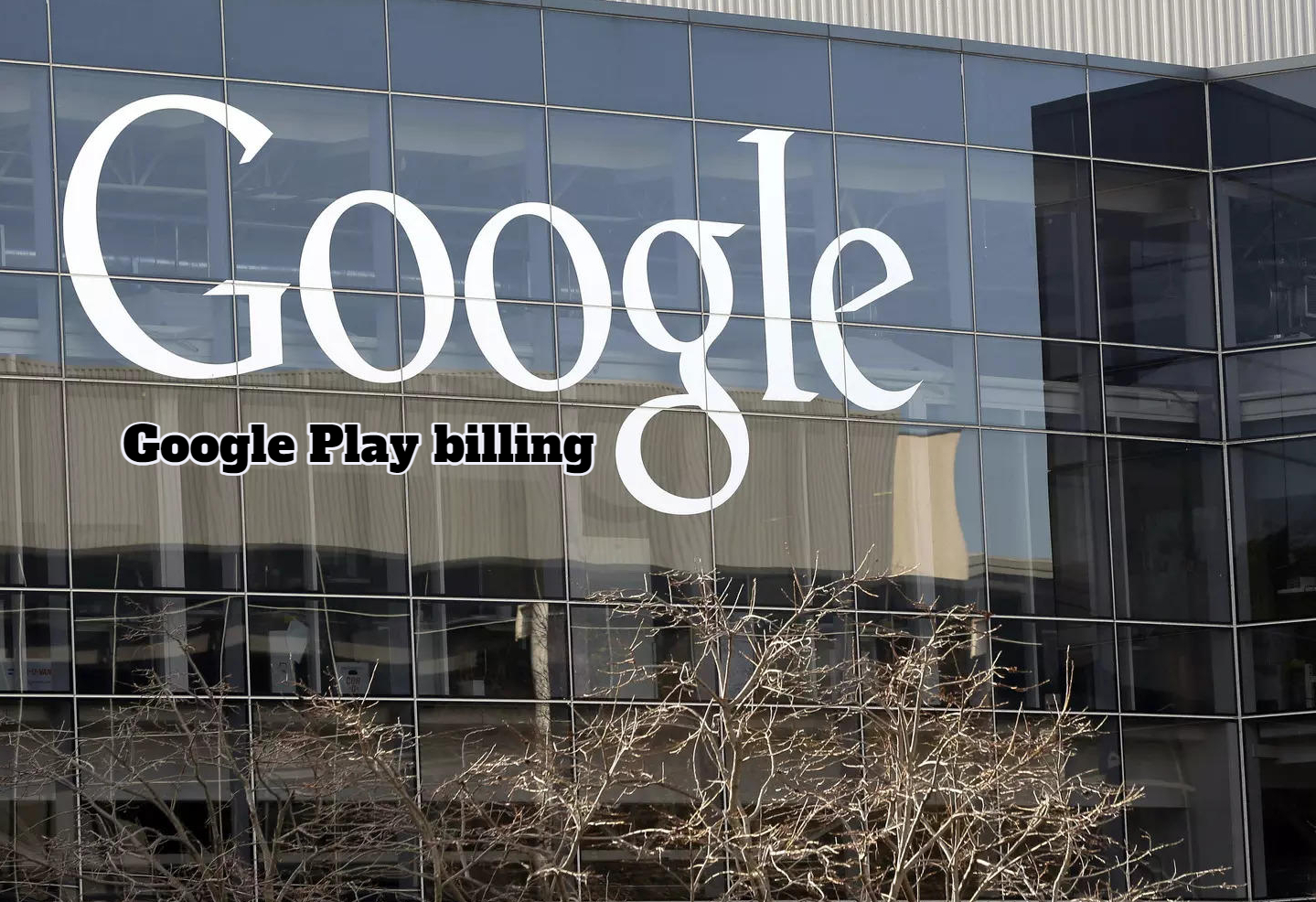News
Google will allow UK developers to offer Google Play billing alternatives in order to address regulator concerns
Published
1 year agoon

Google will either allow app developers to offer a different payment system or provide users with the option of choosing between an alternative payment system and Google Play billing system
Britain’s competition watchdog said Alphabet’s Google’s proposals to give app developers the freedom to abandon Google Play’s billing system appeared to be sufficient to address its concerns about in-app payments.
The Competition and Markets Authority (CMA) of the United Kingdom stated in June that Google’s complete control over in-app payments unfairly restricted developers by requiring them to use Google Play’s billing system, reducing competition and harming users.
According to the CMA, Google’s proposals would allow app developers to offer a different payment system “of their choosing” or give users the option of choosing between an alternative payment system and Google Play’s billing system.
Read Also:- Meet Brijmohan Sood: The Philanthropist Committed to Making a Difference.
According to the proposal, third-party payment service providers could promote their products to app developers.
Ann Pope, senior director of antitrust at the CMA, said, “We need to make sure these commitments will work in practise – so we welcome all feedback, which we will carefully consider before making a final decision.”
Google claimed that following positive discussions with the regulator, it had made the commitments.
It stated that the introduction of user billing in the United Kingdom would build on its previous experience with similar systems in the European Economic Area and other parts of the world.
“Under the commitments, developers will be able to add an alternative in-app billing system, alongside Google Play’s billing system, for their mobile and tablet users in the UK,” Google explained in a blog post.
“At checkout, users will be able to choose which billing system to use.”
Google has won an appeal in a $20 million patent infringement lawsuit involving Chrome’s anti-malware technology.
The anti-malware features of Chrome that prevented malware from accessing important files on a computer were alleged to violate patents by Google.
On Tuesday, Google, a subsidiary of Alphabet, persuaded a US appeals court to throw out three anti-malware patents that were at the centre of a Texas jury’s $20 million (roughly Rs. 163 crore) infringement verdict.
The patents held by Alfonso Cioffi and Allen Rozman, according to the US Court of Appeals for the Federal Circuit, were invalid because they covered innovations that were not covered by an earlier version of the patent.
Google appreciated the choice, according to spokesman José Castada. A request for comment was not immediately answered by the inventors’ representatives.
In 2013, Cioffi and the daughters of the late Rozman filed a lawsuit against Google in an East Texas federal court, claiming that Chrome’s anti-malware features violated their patents for a system that prevents malware from accessing important files on a computer.
A jury found that Google violated the patents in 2017, and as a result, the plaintiffs received $20 million (roughly Rs. 163 crore) in addition to ongoing royalties, which according to the plaintiffs’ attorney at the time were anticipated to total about $7 million (roughly Rs. 57 crore) annually for the following nine years.
However, the Federal Circuit declared all of the patents invalid on Tuesday. The three-judge panel reached a unanimous conclusion that the three patents were reissued from an earlier anti-malware patent and that federal law required the new patents to cover the same invention as the first.
The new patents described web browser-specific technology that was absent from the original patent, according to the appeals court.
Cioffi v. Google, No. 18-1049, US Court of Appeals for the Federal Circuit.
